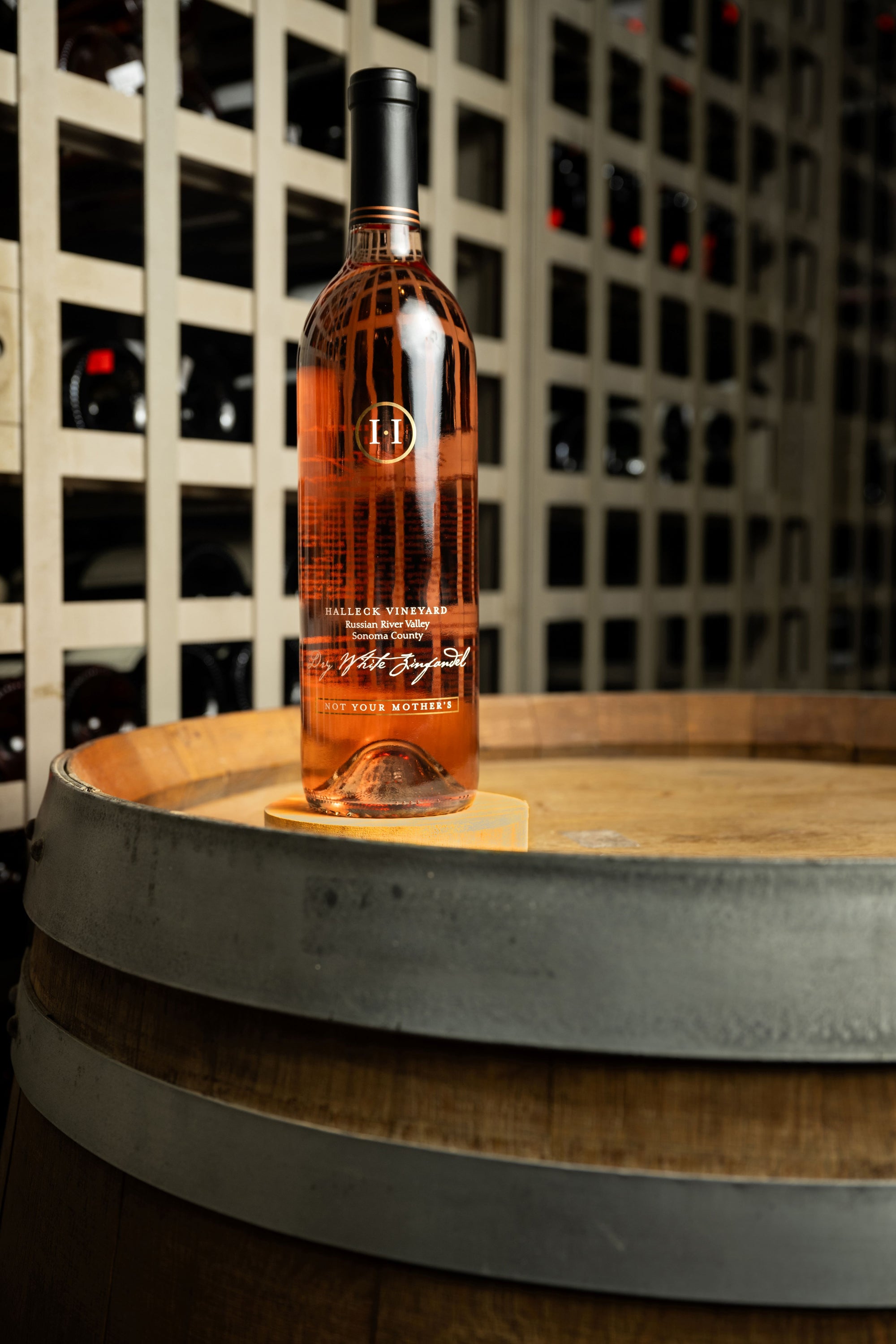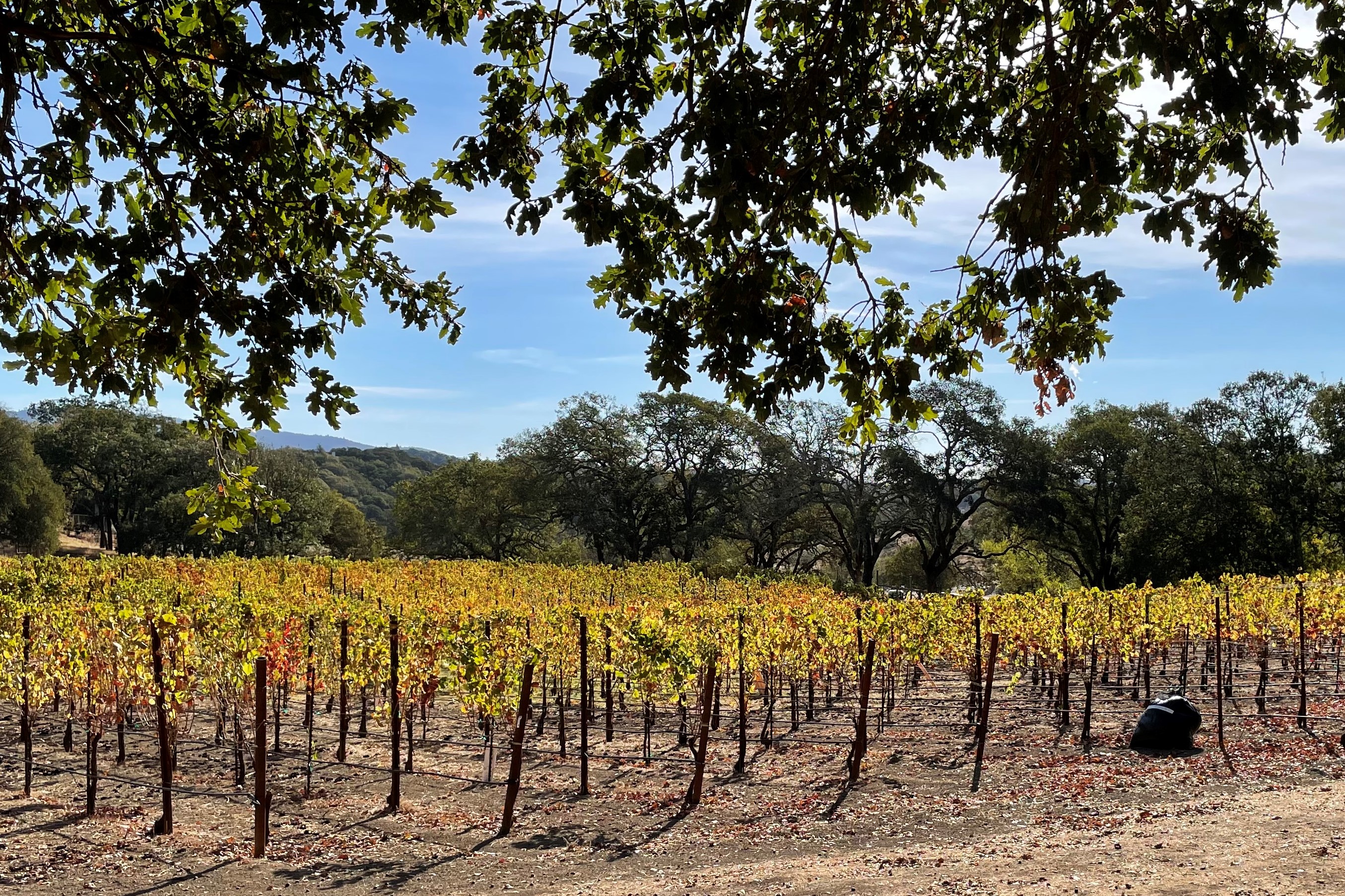Vineyard Tours With Guided Tastings In Sonoma - Vineyards Near Sebastopol
Wine tasting is usually regarded as an art kind, one that goes past merely enjoying a beverage. It embraces a fancy interplay of flavors, aromas, and textures that requires devoted practice to really grasp. Many who venture into the world of wine tasting rapidly understand that it entails much more than simply sipping wine. Improving sensory skills via dedicated winery wine tasting can elevate the experience, reworking an informal consuming occasion into a complicated exploration of the senses.
At a primary stage, wine tasting engages the senses of sight, smell, style, contact, and even sound. Each element performs an important role in appreciating the nuances of a wine. When one first pours a glass of wine, the wealthy hues can present initial insights into its age and varietal. Observing the colour and readability helps form expectations concerning the wine's flavor profile. Many don’t totally respect how this visual evaluation can set the stage for what is to comply with.
The subsequent step is to engage the sense of odor. Swirling the glass aerates the wine, permitting its unstable compounds to flee and fill the air with its bouquet. The nostril entails some fascinating layers—different aromas can sign various elements of the winemaking process, including the type of grapes used, fermentation methods, and growing older situations. Creating a eager sense of smell can be a game-changer in wine tasting.
Wineries Focusing On Single Vineyard Wines - Sonoma Wine Tasting Tour
To enhance this sensory skill, wine enthusiasts are sometimes encouraged to participate in devoted tastings at wineries. These tastings allow people to focus solely on the sensory experience (Wineries With Picnic Areas). Tasting periods led by knowledgeable sommeliers or winemakers can supply insights into identifying distinct aromas. Studying to differentiate between floral, fruity, earthy, and spicy notes can empower a taster to articulate their experience with larger precision.
As one practices their sensory talents, they could uncover that their taste preferences evolve. This transformation typically occurs after multiple tastings. A wine that originally appeared overwhelming would possibly reveal hidden layers of complexity with a little bit of experience. Understanding how to isolate particular person flavors corresponding to acidity, sweetness, bitterness, and umami contributes substantially to the overall wine experience.
Another important element in bettering sensory skills is the context in which wine is tasted. Environmental components like temperature, lighting, and even the company current can affect perceptions. At a winery, an optimal setting can cut back distractions and enable a more profound exploration of the wine (Wineries With Sustainable Practices). Training conscious tasting techniques encourages a more immersive experience, permitting tasters to hone in on their senses.
It is not solely about individual perception, although. Engaging with others throughout a tasting can also improve sensory skills. Sharing notes and discussing impressions fosters a deeper understanding of the wine. This collaborative approach encourages individuals to articulate their sensory experiences, thereby broadening their linguistic repertoire associated to wine tasting.
Scenic Vineyard Tours In Sebastopol - Wine Tasting Experiences In Sonoma Valley
Additionally, pairing wine with food can considerably improve the tasting experience. Totally Different combinations can deliver out distinctive flavors in both the wine and the dish. As one tastes a wine alongside particular meals, they will start to acknowledge how certain elements within the wine complement or distinction with what they are consuming. This skill of pairing is one other layer that enriches sensory development.
Coaching one’s palate can involve a variety of workouts. Some enthusiasts engage in systematic tasting experiences, sampling a spread of wines that showcase totally different varietals, regions, or vintages. Exploring this range can sharpen the ability to discern nuances throughout totally different wine profiles. Over time, this practice builds a mental library of flavors that could be accessed during future tastings.
Notably, written notes serve a twin objective: organizing one’s thoughts and reinforcing reminiscence. By writing down observations about every wine, tasters can track their progress over time. Detailing the characteristics of wines assists in solidifying data, finally deepening one’s appreciation of what they consume.
Furthermore, attending workshops or classes targeted on sensory analysis can be useful. Many wineries supply these educational programs to help people refine their skills. Often, educated instructors guide participants via structured tastings, focusing on particular elements of the wine. This degree of education reinforces the sensory skills asynchronously and challenges tasters to suppose about their experiences from different angles.
Wineries With Live Music Events Occasionally - Sonoma's Hidden Winery Gems

Over time, the commitment to improving sensory you could try this out skills through dedicated winery wine tasting can yield significant rewards. The enjoyment derived from wine becomes layered and multifaceted. No longer limited to a simple preference for "purple" or "white," tasters begin to appreciate the stories behind each pour. They cultivate a palette capable of navigating the complicated landscape of flavors with confidence.
In conclusion, the journey of enhancing sensory skills through dedicated winery wine tasting is as rewarding as it is enjoyable. It requires focus, commitment, and a willingness to learn, but the outcomes far exceed the initial effort. By engaging multiple senses and collaborating in thoughtful discussions, individuals not only become more adept at figuring out flavors but additionally develop a deeper appreciation for the craftsmanship behind every bottle. The course of transforms wine from a mere beverage right into a rich tapestry of sensory exploration that beckons enthusiasts to delve deeper. As skills improve, so too does the enjoyment, enriching life experiences one sip at a time.
Wineries With Unique Wine Blends - The Charm Of Sonoma Wineries
- Engaging the palate through numerous wine varieties enhances the flexibility to distinguish flavors and aromas, refining overall sensory perception.
- Collaborating in guided tastings promotes centered consideration on subtle characteristics of each wine, nurturing important tasting skills.
- Studying to identify specific grape varieties fosters a deeper understanding of terroir, which aids in recognizing regional flavor profiles.
- Incorporating food pairings during tastings can heighten sensory awareness, as totally different tastes can affect one another and alter perceptions.
- Practicing the art of swirling and nosing wines allows individuals to connect olfactory cues with taste, bettering the flexibility to articulate sensory experiences.
- Attending workshops that emphasize blind tastings trains participants to rely purely on their senses rather than preconceived notions, enhancing objectivity.
- Elevating sensory skills can lead to higher wine choice skills, empowering people to make knowledgeable choices based on personal preferences.
- Partaking with educated sommeliers offers insights into wine-making processes, which deepens sensory appreciation and enhances vocabulary for describing wines.
- Regular participation in tastings encourages memory development of flavors and aromas, aiding in the formation of a customized sensory profile over time.
- Sharing tasting experiences with peers fosters discussion, promoting communal learning that can enhance particular person sensory skills by way of collaboration.undefinedWhat is the aim of bettering sensory skills by way of wine tasting?
Bettering sensory skills via wine tasting allows people to reinforce their ability to establish and respect the various aromas, flavors, and textures of wine. This heightened sensory consciousness can lead to a deeper understanding of wine and an total enriched tasting experience.
Wineries Focusing On Single Vineyard Wines - Best Wineries For Wine Tasting Sonoma Area
How can I develop my sensory skills at a winery?
You can develop your sensory skills at a winery by taking part in guided tasting classes that target particular varietals. Interact with educated employees who can provide insights and encourage you to take notes on your impressions, enhancing both your observational and descriptive abilities.
What ought to I count on throughout a devoted wine tasting experience?
Unique Wine Blending Experiences In Sonoma - Sebastopol Wine Country Vineyards Adventure
During a dedicated wine tasting experience, anticipate to pattern a number of wines whereas receiving targeted education about each one. You Will study concerning the winemaking course of, tasting techniques, and how to discern completely different sensory characteristics, all in a relaxed environment.

Is prior data of wine necessary to profit from a sensory skills workshop?
- Wineries In The Heart Of Sonoma County Wine Region
No prior knowledge of wine is important; the workshops are designed for all levels of official site experience. Newbies will discover valuable data to build from, while seasoned tasters can refine their skills and broaden their palate even further.
How do sensory skills influence my total wine appreciation?
Wineries Offering Virtual Wine Tastings - Vineyards In The Sonoma Region
Improving sensory skills considerably enhances your total wine appreciation by allowing you to identify subtleties and complexities in wines. This deeper understanding enriches your tasting experience and helps you make knowledgeable choices based on personal preferences.
Are there particular techniques I should use whereas tasting wine to enhance my sensory skills?
Wineries Promoting Sustainable Farming - Sebastopol Winery Experience
Sure, using techniques such because the "SWOT" methodology (Sight, Swirl, Scent, Sip, Savor) may be helpful. Pay consideration to the wine's look, aromatics, and mouthfeel, and take your time with each sip to completely explore the flavors and sensations.
What sort of wines are typically included in sensory skills tastings?
Usually, sensory skills tastings embody a big selection of wines that showcase totally different regions, varietals, and styles. This diversity helps members determine distinct characteristics and enhances their capacity to distinguish between wines.
Can sensory skills workshops be personalized to my tasting interests?
Wineries Known For Handcrafted Wines - Sebastopol Winery Experience
Many wineries provide personalized choices for sensory skills workshops, permitting you to focus on particular forms of wines or themes that curiosity you, corresponding to organic wines or distinctive regional choices. It Is greatest to inquire immediately with the winery for tailored experiences.
Is there a method to practice sensory skills after leaving the winery?
Yes, you'll have the ability to practice your sensory skills at home by tasting different wines and keeping a tasting journal. Experimenting with various food pairings and aromatics can additional improve your understanding of how flavors work together, reinforcing the talents gained at the winery.